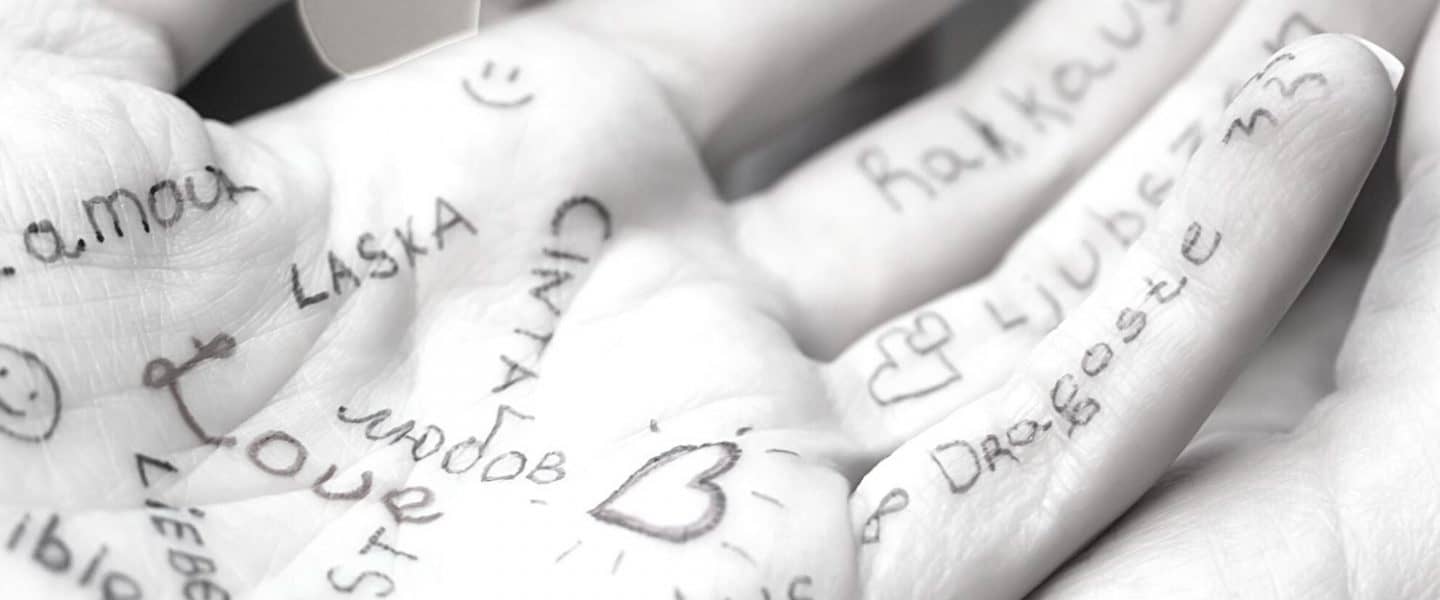Valentine’s day has come and gone now what? It has been said the best way to start building relationship health is to better understand yourself and the most common issue in any relationship is the communication barrier. Everyone experiences love differently, and it’s easy to miss the mark when it comes to showing that you care.
In this week’s episode, we unpack Gary Chapman’s ‘The five love languages’. The book was published in 1992. Since it has evolved and you can also do an online quiz.
If this is your first time hearing about The Five Love Languages it outlines five general ways that people express and experience love, which Chapman calls “love languages”. They are acts of service, gift-giving, physical touch, quality time, and words of affirmation.
Chapman suggests that to discover another person’s love language, one must observe the way they express love to others and analyse what they complain about most often and what they request from their significant other. He goes on to say that people tend to naturally give love in the way that they prefer to receive love, and better communication between couples can be accomplished when one can demonstrate care to the other person in the love language the recipient understands.
What do the five love languages look like, and here are some examples using coffee?
Words of Affirmation: The language uses words to affirm other people
Example: Your coffee is delicious
Acts of service: For these people, actions speak louder than words
Example: I made you coffee
Receiving Gifts: For some people what makes them feel most loved is to receive a gift
Example: Here’s a coffee
Quality time: This language is all about giving the other person your attention
Example: Let’s go out for coffee
Physical Touch: To this person, nothing speaks more deeply than appropriate touch
Example: Let me hold you like a coffee
On a finishing note, the 5 Languages is true for all forms of relationship – for married or dating couples, for children and teenagers, for friends and co-workers, for long-distance relationships, for those brand-new loves and for the romances that are older than the hills. Suppose you discovered your love language a while back by not redo the quiz. I have noticed that mine has changed over time and sometimes you can have more than one. All the best with learning about your love language and the love language of those you love. Until next time take care
Source: https://www.5lovelanguages.com and https://en.wikipedia.org/wiki/The_Five_Love_Languages


[…] Resource: Do You Speak My Language? – Chapman’s 5 Love Languages & The 5 Love Languages By Gary […]